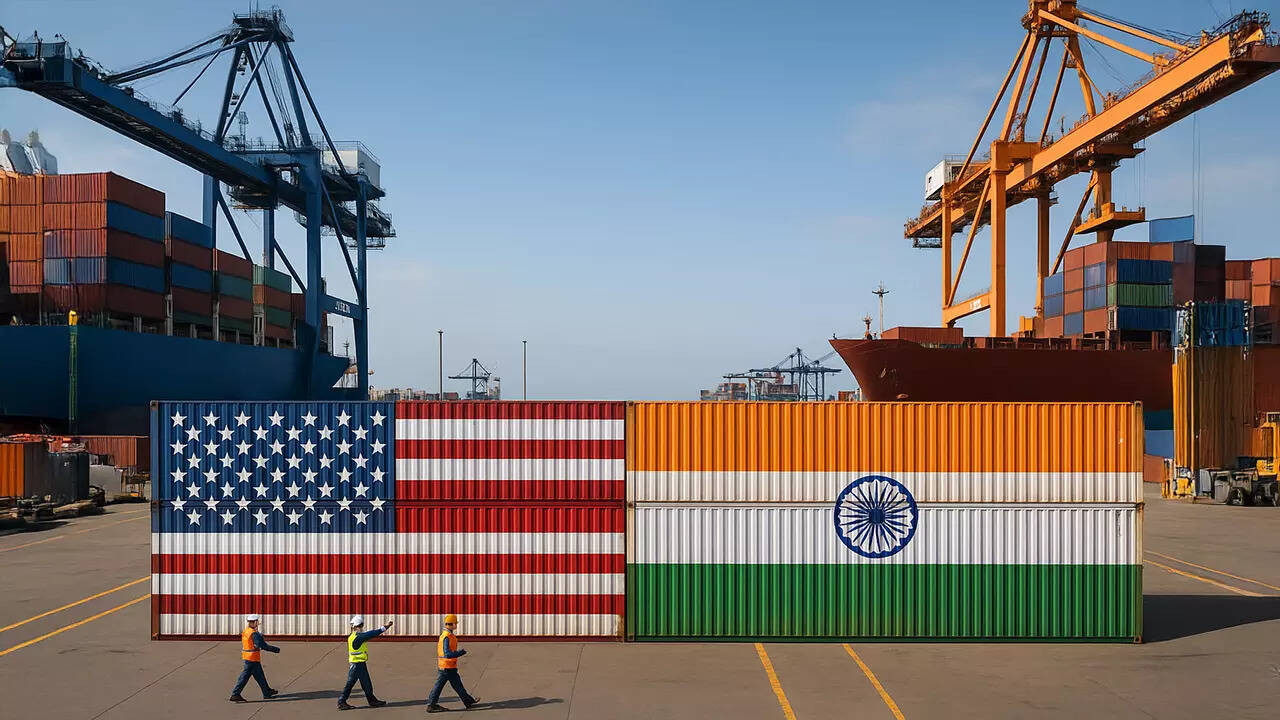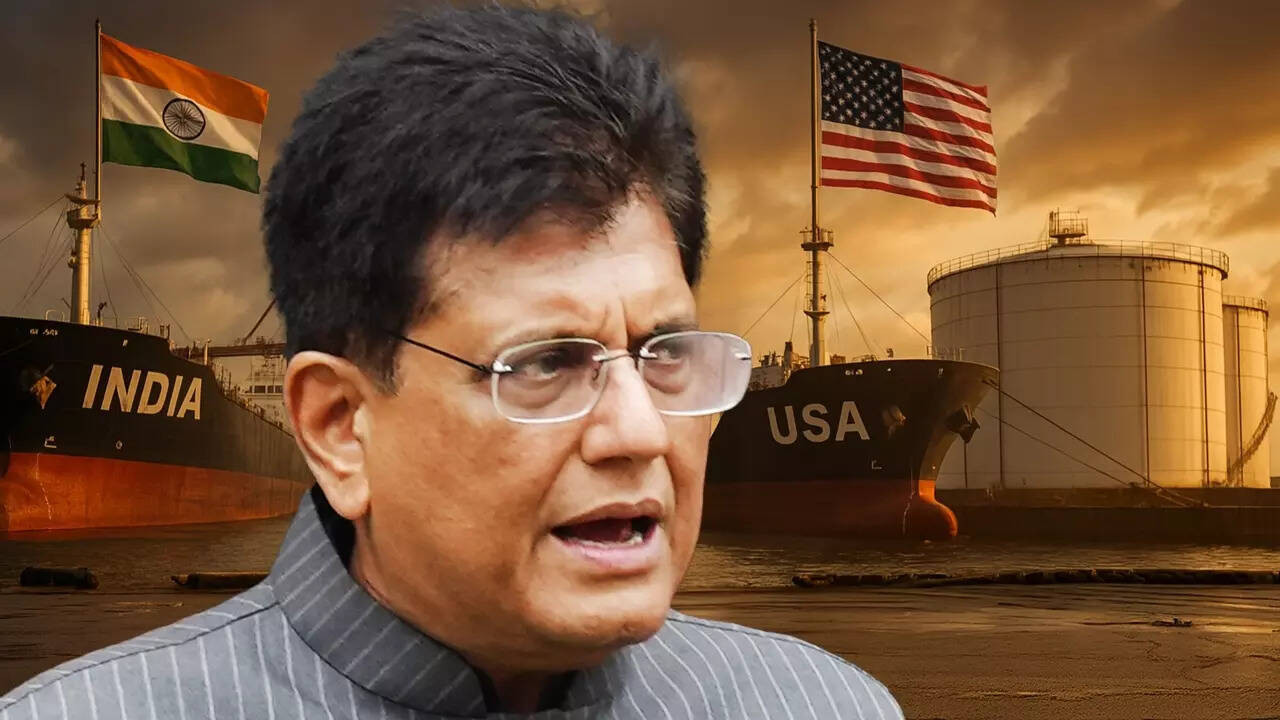The Global Trade Research Initiative (GTRI) warns India against replicating the US-Indonesia trade deal, which heavily favors the US by granting access to Indonesia’s markets while imposing tariffs on Indonesian goods. GTRI advises India to be cautious in trade negotiations with the US, especially regarding agriculture, digital trade, and product standards.
Navigating the Murky Waters of Trade Deals: Will India Avoid Indonesia’s Pitfalls?
The siren song of a lucrative trade deal – the promise of boosted exports, increased investment, and a generally rosier economic outlook – is hard to ignore. But sometimes, what glitters isn’t gold. India, currently in the thick of trade negotiations, would do well to heed the warnings coming from trade experts. The message is clear: tread carefully, or risk falling into a trap like the one that ensnared Indonesia.
The crux of the issue revolves around the kind of pressure tactics the United States, known for its assertive approach to trade, might employ. It’s no secret that Washington often seeks concessions that heavily favor its own industries and interests. For India, a nation fiercely protective of its domestic markets and agricultural sector, succumbing to such pressure could have significant long-term consequences. We’ve seen how similar situations have played out elsewhere, and the results aren’t always pretty.
One-Sided Trade Deals: A Cautionary Tale from Indonesia
Indonesia’s experience serves as a stark reminder. Recent trade agreements, while initially appearing advantageous, have arguably left the country in a less favorable position. The devil, as they say, is in the details. Loopholes, unbalanced clauses, and unforeseen circumstances can quickly turn a seemingly beneficial arrangement into a source of economic strain. The key takeaway? Diligence and foresight are paramount.
The Global Trade Research Initiative (GTRI) has been particularly vocal about the potential dangers, urging Indian negotiators to stand firm against demands that could compromise the nation’s long-term economic well-being. This isn’t about protectionism for the sake of it; it’s about ensuring a level playing field and safeguarding the interests of Indian businesses and consumers. No one wants to see local industries priced out of their own markets or farmers struggling to compete with heavily subsidized imports.

The Pitfalls of Rushing into a Trade Deal
The temptation to quickly seal a deal and declare victory can be strong, especially when there’s political pressure to show progress. But rushing into an agreement without thoroughly vetting every clause and potential consequence is a recipe for disaster. India needs to resist the urge to prioritize speed over substance. Instead, it should focus on securing terms that are truly equitable and sustainable.
This involves a multi-pronged approach. First, a comprehensive analysis of the potential impact of any proposed agreement on various sectors of the Indian economy is crucial. Second, robust consultations with stakeholders, including industry representatives, farmers’ organizations, and consumer groups, are essential to ensure that their concerns are addressed. Finally, a willingness to walk away from the negotiating table if the terms are unacceptable is a sign of strength, not weakness. Sometimes, not making a deal is the best deal.
We have existing trade resources that explore some of the current beneficial import and export practices.
India’s Strengths and the Art of Negotiation
India isn’t without its strengths. Its large and growing economy, its skilled workforce, and its strategic location give it significant leverage in trade negotiations. However, it needs to wield this leverage wisely. This means being clear about its red lines, prioritizing its national interests, and being prepared to play the long game.
Negotiating a fair trade deal is an art, not a science. It requires patience, persistence, and a deep understanding of the complexities of international trade. It also requires a willingness to stand up to pressure and to prioritize long-term gains over short-term wins. India has the potential to forge trade partnerships that benefit all parties involved. But to do so, it must approach negotiations with a clear head, a firm resolve, and a keen awareness of the potential pitfalls. The focus should always be on securing a mutually beneficial agreement that promotes sustainable economic growth and prosperity for all.
Conclusion: A Call for Prudence and Foresight
The message to Indian policymakers is unambiguous: proceed with caution. As India navigates these complex trade negotiations, prioritizing due diligence, stakeholder consultation, and a firm commitment to national interests is essential. By learning from the experiences of others, such as Indonesia, India can avoid the pitfalls of one-sided trade deals and secure agreements that truly benefit its economy and its people.







